UOB Bank's research shows that Vietnamese businesses are proactively adapting, promoting digitalization, sustainable development and need long-term financial and strategic support.
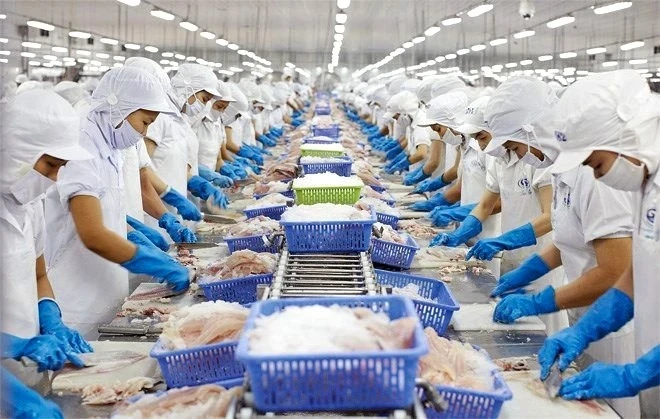
The results of the 2025 Business Outlook Study by UOB Vietnam released on June 25 show that the majority of Vietnamese businesses are proactively adapting and looking forward to receiving financial support to maintain sustainable growth momentum.
According to the survey results, after the US announced a 46% reciprocal tax rate for Vietnam on April 2, 2025, Vietnamese enterprises proactively implemented measures to cope with possible impacts.
Despite the volatile business environment, 60% of Vietnamese enterprises remain optimistic about their prospects next year, with 46% saying they will accelerate plans to expand into foreign markets.
The US government ’s 90-day tariff suspension has allowed trade negotiations to proceed, while giving businesses more time to respond proactively – from stabilizing supply chains to controlling rising input costs. About 52% of businesses expect material and production costs to increase significantly, while 30% are concerned about rising inflation.
To cope, businesses are taking measures such as diversifying suppliers, increasing localization and reducing dependence on the US market. Nearly 70% of businesses expect intra-ASEAN trade to accelerate, showing the region's increasingly important role in the context of global fluctuations.
In addition, businesses are also focusing on investing in two strategic pillars: Digitalization and sustainable development, with 61% and 56% of Vietnamese businesses respectively saying they will step up efforts in these two areas.
While digitalization is expected to increase operational efficiency and improve customer experience, sustainable practices will help businesses attract investors and strengthen brand reputation - factors that are increasingly important in the context of uncertainty due to the impact of tariffs.
According to UOB, in addition to internal initiatives, businesses in Vietnam are also looking for support from the Government and financial institutions to overcome the current challenging period. In the short term, financial support remains an urgent need, with 73% of businesses expecting financial support to mitigate the impact of tariffs and 65% wanting subsidies or tax exemptions specifically for the most affected sectors.
In the longer term, businesses are calling for strategic support such as signing bilateral trade agreements with key markets, as well as support in restructuring and shifting supply chains, with 62% of businesses surveyed stating this need.
Mr. Lim Dyi Chang, Head of Corporate Banking, UOB Vietnam, said: “We remain optimistic about Vietnam’s economic outlook, despite recent tariff-related uncertainties. The strong fundamentals, recent positive policy reforms and proactive business community are encouraging signs. This is also the right time for Vietnamese businesses to adjust their strategies towards reducing over-reliance on individual export markets, while tapping into the growing strength of intra-ASEAN trade.”
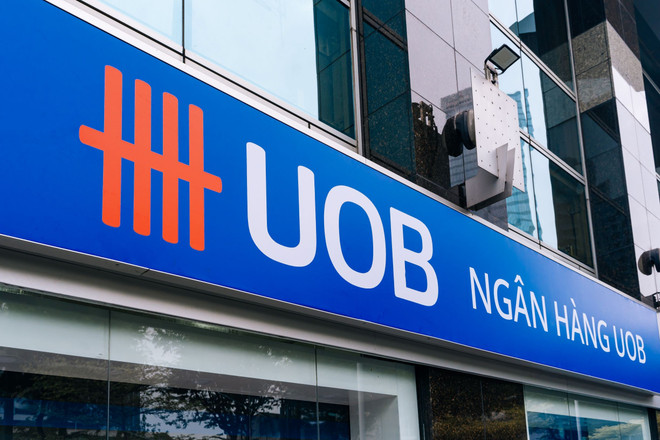
According to Mr Lim Dyi Chang, the results of the UOB Enterprise Outlook Study have shown that strategic adaptability will be the difference-maker in this volatile environment. With its extensive regional network and in-depth industry expertise, UOB is well placed to support businesses in improving operational efficiency, managing cost pressures and achieving sustainable long-term growth.
ASEAN continues to be a key market
The UOB Corporate Outlook 2025 is the result of a survey of more than 4,200 businesses in ASEAN and China, including 532 from Vietnam. Now in its sixth year, the study continues to track business trends across seven key markets, reflecting their priorities, expectations and strategies in the face of a volatile global economic environment.
This year’s survey results show that ASEAN continues to be a key market, with Thailand and Singapore being the top two destinations for Vietnamese businesses. In addition, Europe is emerging as a strategic region, with a quarter of Vietnamese businesses identifying it as an expansion target in the near future.
However, businesses also said that barriers to internationalization still exist, including difficulties in finding partners, financial and legal deficiencies, and lack of market information. Businesses want support in the form of connections with large corporations (45%), tax incentives (43%) and market entry subsidies (41%).
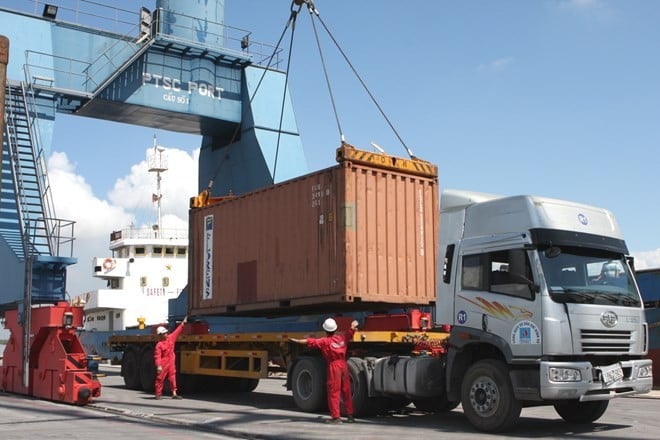
In addition, supply chain management remains a top priority for 90% of Vietnamese businesses, as geopolitical risks continue to rise. The three main challenges identified are rising supply costs, disruptions to existing chains, and inventory management.
To adapt to this trend, businesses are diversifying their supply sources, promoting digitalization of processes, and strengthening cooperation with suppliers. Accordingly, promoting localization with 72% of businesses choosing domestic supply sources, 67% in the ASEAN region, and 43% from China.
One highlight of the survey is that Vietnam leads the region in terms of leadership succession, with nearly 75% of businesses run by this generation, much higher than the ASEAN average of 60%. This group of leaders focuses on key industries such as manufacturing, energy and oil and gas, with a focus on digital innovation, such as artificial intelligence, cloud computing and blockchain.
Notably, more than 95% of successor leaders put sustainable development as a top priority, with many businesses taking advantage of green loans and sustainable financing to attract investment and increase their ability to adapt to future fluctuations./.
Source: https://baolangson.vn/uob-80-doanh-nghiep-chu-dong-ung-pho-voi-tac-dong-tu-thue-quan-cua-hoa-ky-5051149.html


![[Photo] General Secretary To Lam receives Australian Ambassador to Vietnam Gillian Bird](https://vphoto.vietnam.vn/thumb/1200x675/vietnam/resource/IMAGE/2025/6/26/ce86495a92b4465181604bfb79f257de)





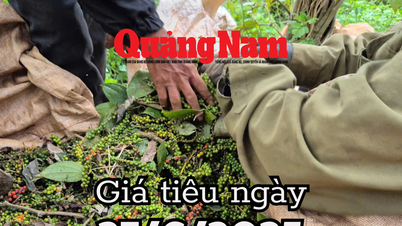

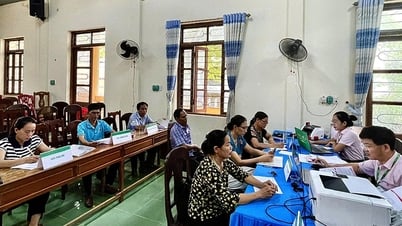















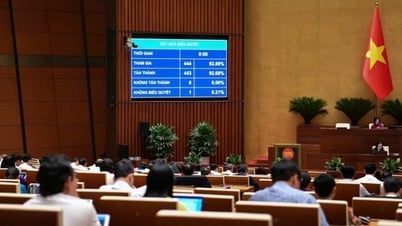

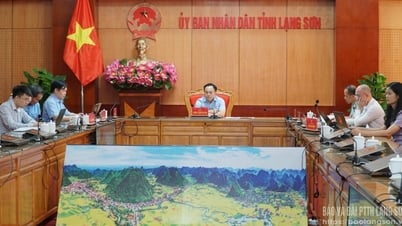
![[Photo] Candidates take the first graduation exam with the new Literature topic](https://vphoto.vietnam.vn/thumb/1200x675/vietnam/resource/IMAGE/2025/6/26/dfded9e317554c25a3e26defe672ebb7)









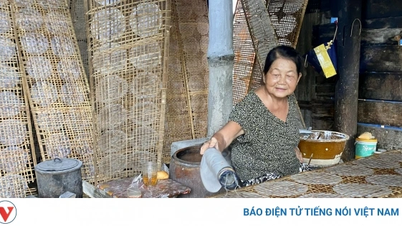



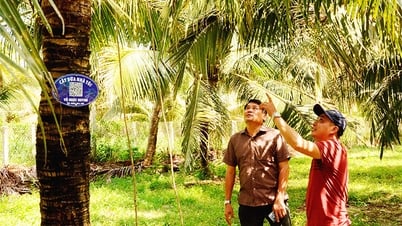







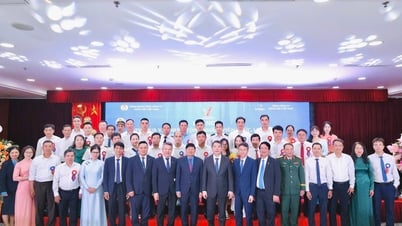

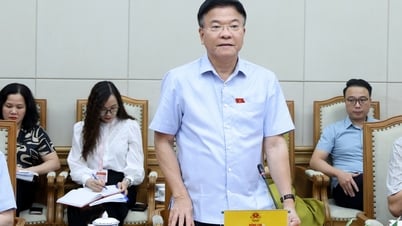




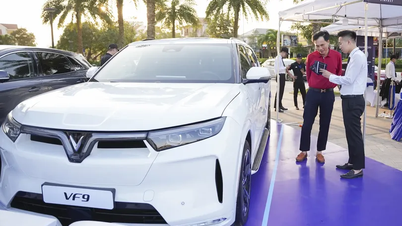



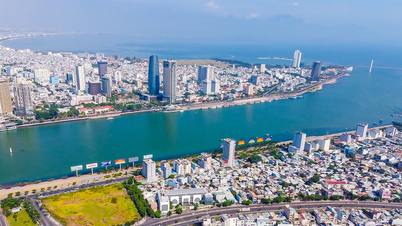


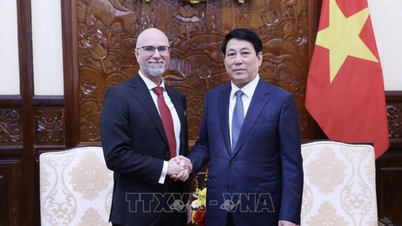
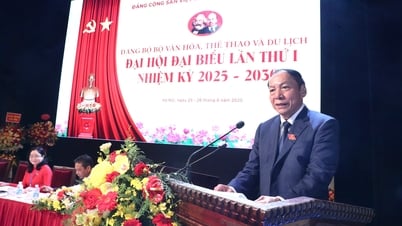

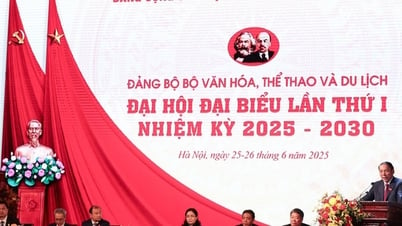




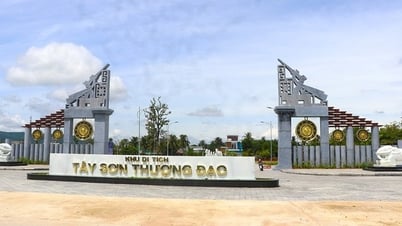
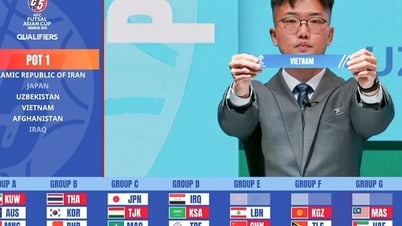








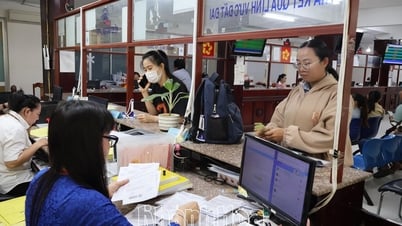
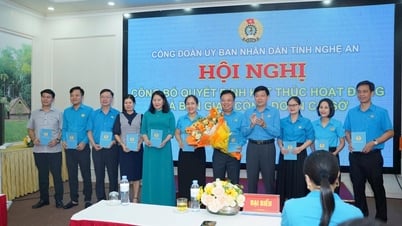






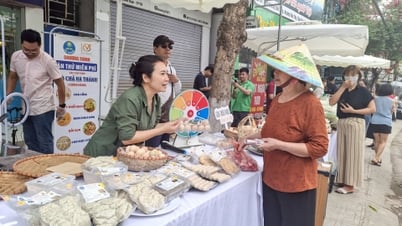





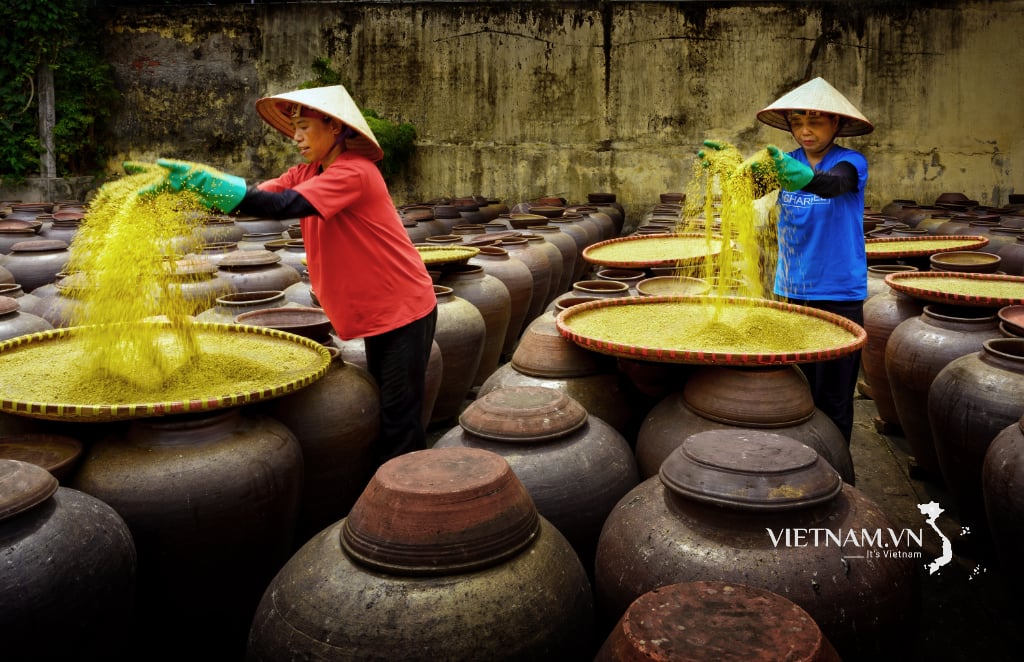


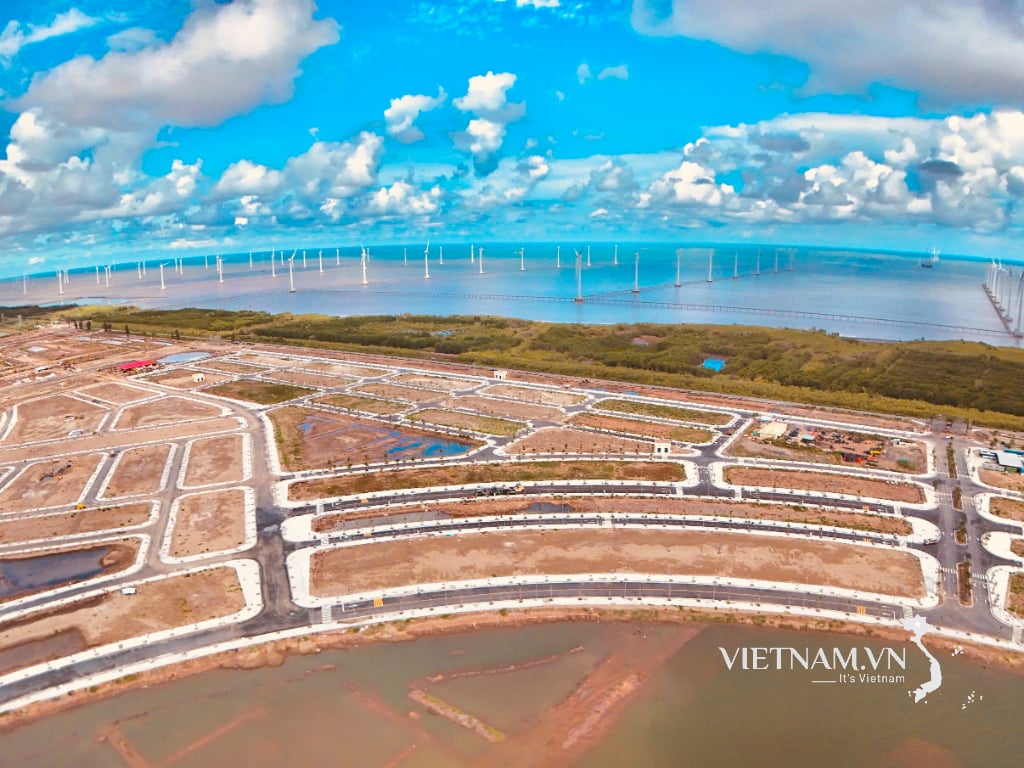
Comment (0)